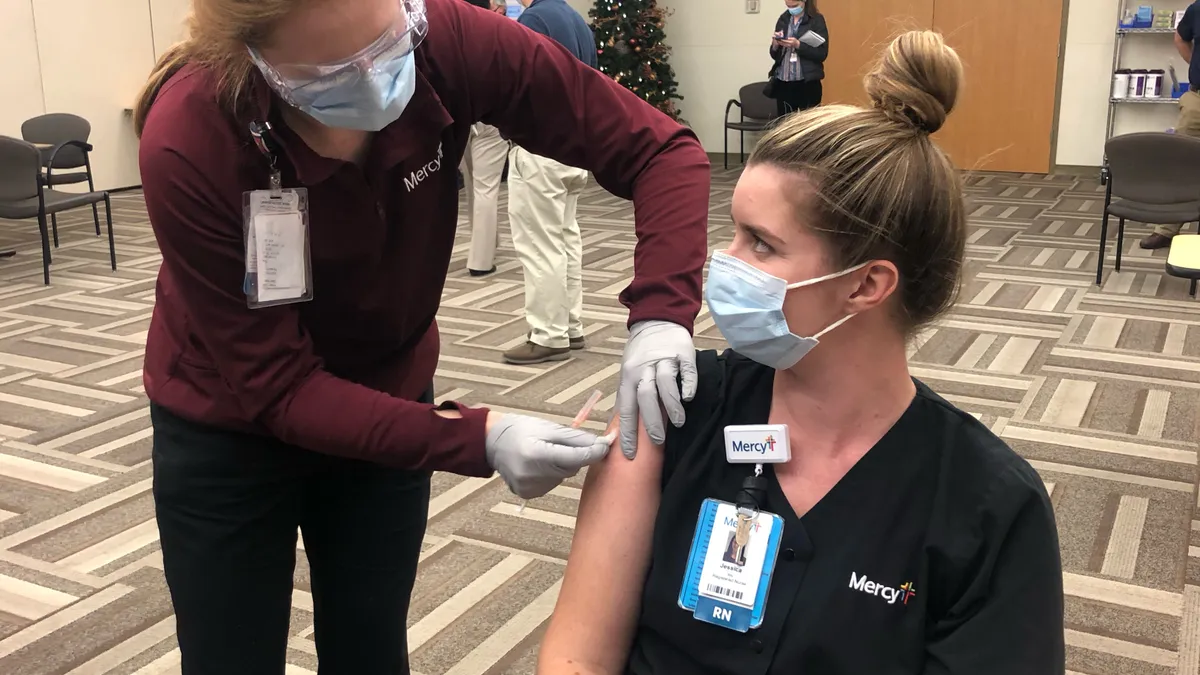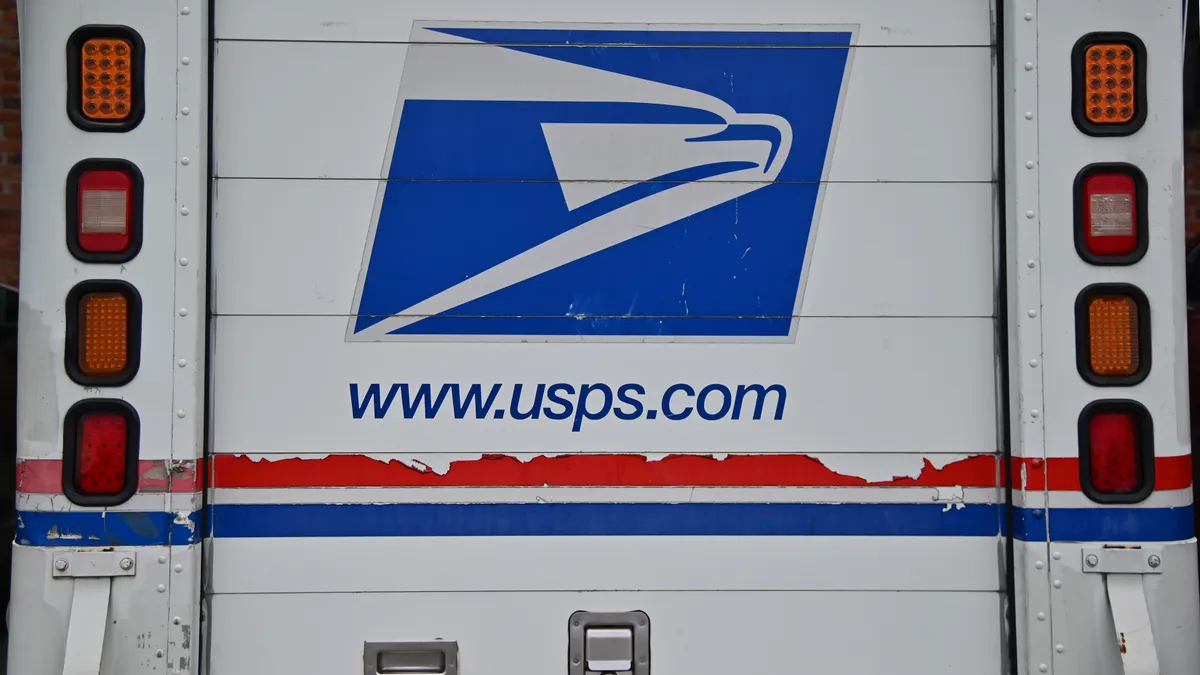Gradually, COVID-19 vaccinations are becoming available to the broader U.S. population.
States vary widely in terms of the vaccine eligibility plans. Some, such as Maine, are taking an age-based approach to eligibility, whereas the vast majority have identified various demographic and occupational groups that will be phased in over the coming months, according to HR Dive research.
Long before the first shots were administered, however, management-side labor and employment attorneys spoke about the potential need for employers to encourage vaccination and educate their workforces about the process. One particular area of interest is incentivization, particularly in the context of "health-contingent" wellness programs, according to attorneys who authored a February Epstein Becker Green blog post.
The topic creates confusion in part due to the legal uncertainty surrounding the regulation of such wellness programs under the Americans with Disabilities Act and Genetic Information Nondiscrimination Act. The U.S. Equal Employment Opportunity Commission has attempted in recent years to issue updated regulations determining to what extent employers may incentivize employees and encourage them to participate in wellness programs.
Most recently, EEOC sought to propose regs that would permit employers to implement a "de minimis" financial incentive for wellness program participation without violating the ADA. EEOC proposed the new regs in January but the incoming Biden administration froze the regs and withdrew them, per an EEOC statement.
Despite this, Epstein Becker Green attorneys Jennifer Barna, senior counsel, and Nathaniel Glasser, member of the firm, told HR Dive in an email that EEOC is expected to provide guidance on vaccine incentive programs "soon."
That news follows recent efforts by business groups to extract more clarity from the EEOC. Last month, groups including the Society for Human Resource Management sent a letter to EEOC Chair Charlotte Burrows seeking clarity on the extent to which employers may provide such incentives.
Still, the lack of EEOC guidance in the current moment, combined with the withdrawal of the agency's wellness program incentive proposal, has resulted in a "gray area" for employers, Stephen Dwyer, senior vice president and chief legal and operating officer at the American Staffing Association, said in an email.
To that end, employers who do offer incentives "should do their best to insulate themselves from potential claims under the Americans with Disabilities Act and Title VII," Dwyer said, "for example, by providing those who are disabled or have sincerely held religious beliefs that prevent vaccination with access to incentives through alternative means, such as taking part in vaccine education."
Even if vaccine incentives are not expressly tied to a wellness program, "they may inadvertently create a wellness incentive program if the requirements implicate health and medical conditions," Barna and Glasser said; "Thus, employers should consider providing modest incentives in exchange for only proof of vaccination." Incentives such as paid time off or compensated time for receiving a vaccination are the "safest and least likely" such incentives to violate current or future wellness program regulations, the two attorneys added.
Because the use of incentives may implicate legal issues with respect to employees who may be unable to obtain the COVID-19 vaccine for reasons related to a disability or sincerely held religious belief, practice or observation, Barna and Glasser said they "recommend that any incentive program consider alternatives for employees in need of such an exemption."
A handful of employers appear to have taken such an approach to vaccine incentives in recent months, HR Dive previously reported. Dollar General and Kroger are among the companies that announced they would pay employees to receive a vaccine. Others, such as Chobani, McDonald's and Target, said they would offer paid time off for vaccination.
Regardless of the approach, employers also will need to note the impact of state and local laws regarding vaccination incentives, Glasser said. For example, New York passed a law requiring employers to provide paid time off to employees so they can get vaccinated. Per Glasser, employers in the state must provide up to four hours per vaccine injection, unless the employer or a collective bargaining agreement provides for more.
"That time is in addition to and cannot be charged against any existing bank of time off, including other paid sick leave, COVID-19 sick time, or any other paid time off already granted under a collective bargaining agreement," Glasser said.
But it may be preferable for employers to have one set of rules or guidelines to follow, Dwyer said; "Many employers operate in more than one jurisdiction and a patchwork of state and local rules would not be particularly helpful."





















